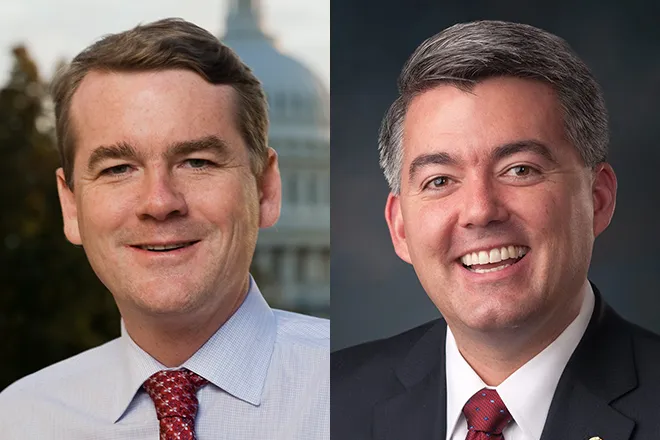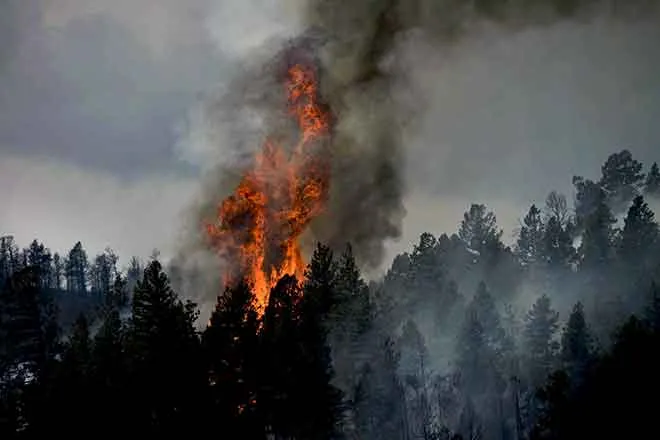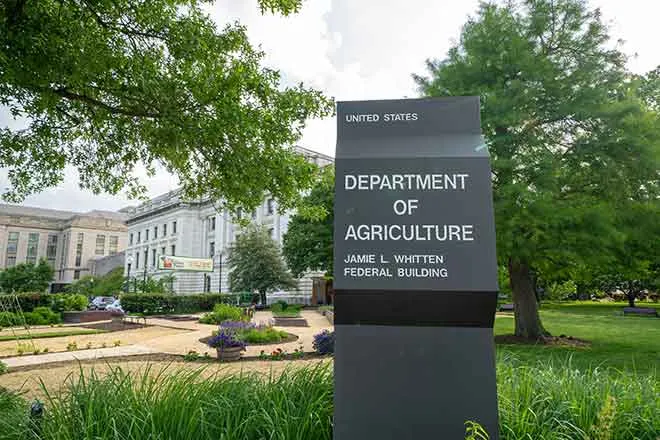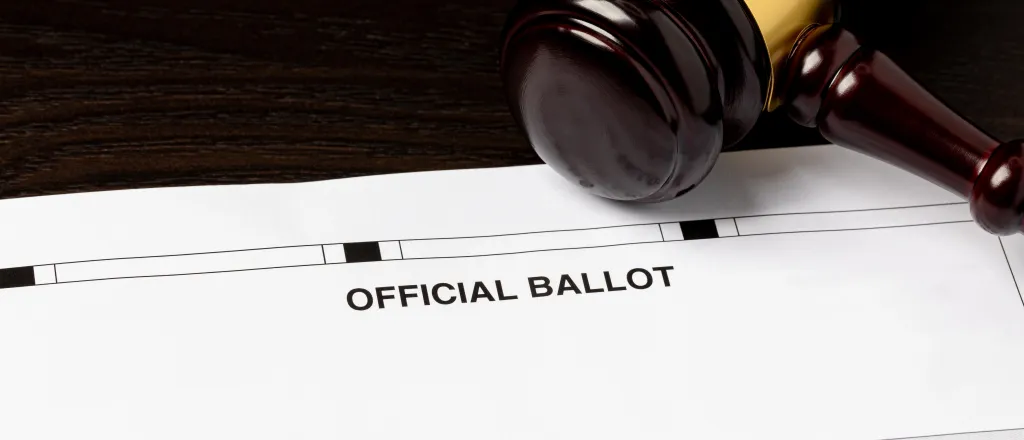
State, National Republican groups join lawsuit over Montana election laws
© JJ Gouin - iStock-2074087177
The Republican National Committee and the Montana Republican Party last week filed a motion to intervene in a lawsuit challenging two “commonsense” election laws passed during the 2025 Legislature.
The Montana Federation of Public Employees filed a suit in May before Lewis and Clark County District Court, challenging the constitutionality of Senate Bill 490, which changed voter registration opportunities, and Senate Bill 276, which strengthened voter ID laws.
The Republican groups’ brief in support of the motion to intervene said the lawsuit would “impact the Republican Party’s distinct interests in an efficient and reliable 2026 election that voters trust.”
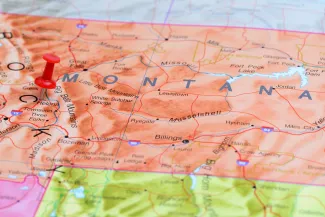
“Voter ID and accurate voter registration are essential to secure elections,” RNC Chairman Michael Whatley said in a statement. “Democrat extremists are attacking Montana’s voter ID requirements and registration safeguards. The RNC and MTGOP are stepping in to protect the integrity of Montana’s elections and ensure only eligible Montana voters can cast a ballot.”
Both bills were sponsored by state Senator Mike Cuffe, R-Eureka.
SB 490 tightened the deadline for voters to register to vote to noon on Election Day and eliminates registration on the Monday before an election, but opens it on the prior Saturday, which previously was not a day voters could register.
Under previous Montana law, anyone in line at the ballot box by 8:00 p.m. on Election Day could register to vote, which has occasionally led to long lines at voting locations.
Last November, some voters waited in line at the Gallatin County Courthouse until the early hours of the morning in order to register and cast their ballot.
Cuffe, in an opinion piece published by Lee Newspapers, cited that example — when votes were cast as late as 4:00 a.m. — as a reason for passing his bill.
“The intent is to smooth out the process and avoid votes being cast many hours beyond the intended closing of the polls at 8 p.m.,” Cuffe wrote.
SB 276 enacted photo identification voting in Montana, and expands the variety of ID options allowed to include tribal photo ID cards, military IDs, U.S. Passports, driver’s licenses and student ID cards.
© wildpixel - iStock-1393613016
But a 2024 decision from the Montana Supreme Court struck down a 2021 law seeking to eliminate Election Day voter registration, and another that and another that sought to narrow the list of acceptable photo IDs allowed
The Confederated Salish and Kootenai Tribes, the Blackfeet Nation, the Fort Belknap Indian Community, and the Northern Cheyenne Tribe, as well as tribal advocacy nonprofit Western Native Voice, filed to join the lawsuit as intervenors last month, saying the Legislature was insisting on “making it more difficult for Native Americans in Montana to vote,” by restricting registration opportunities.
In the Republican groups’ brief, they cited several reasons for inclusion in the lawsuit, including that declaring the laws unconstitutional would “undermine Republican voter confidence in the electoral system and create administrative problems that could undermine Republican turnout.”
It would also force the state and federal political party to “divert resources from other mission-critical activities toward get-out-the-vote activities to reinspire Republican voter trust in Montana’s electoral system, to independently verify the accuracy of Montana’s voter registration rolls, and to educate voters and candidates concerning Montana’s changed registration requirements.”
The lawsuit is just one challenging a number of laws passed by the Montana Legislature earlier this year. Another, brought by the Montana Public Interest Research Group, challenged a law that would require Montana residents to vote in the county reside in full time, which excludes locations where they attend college.






